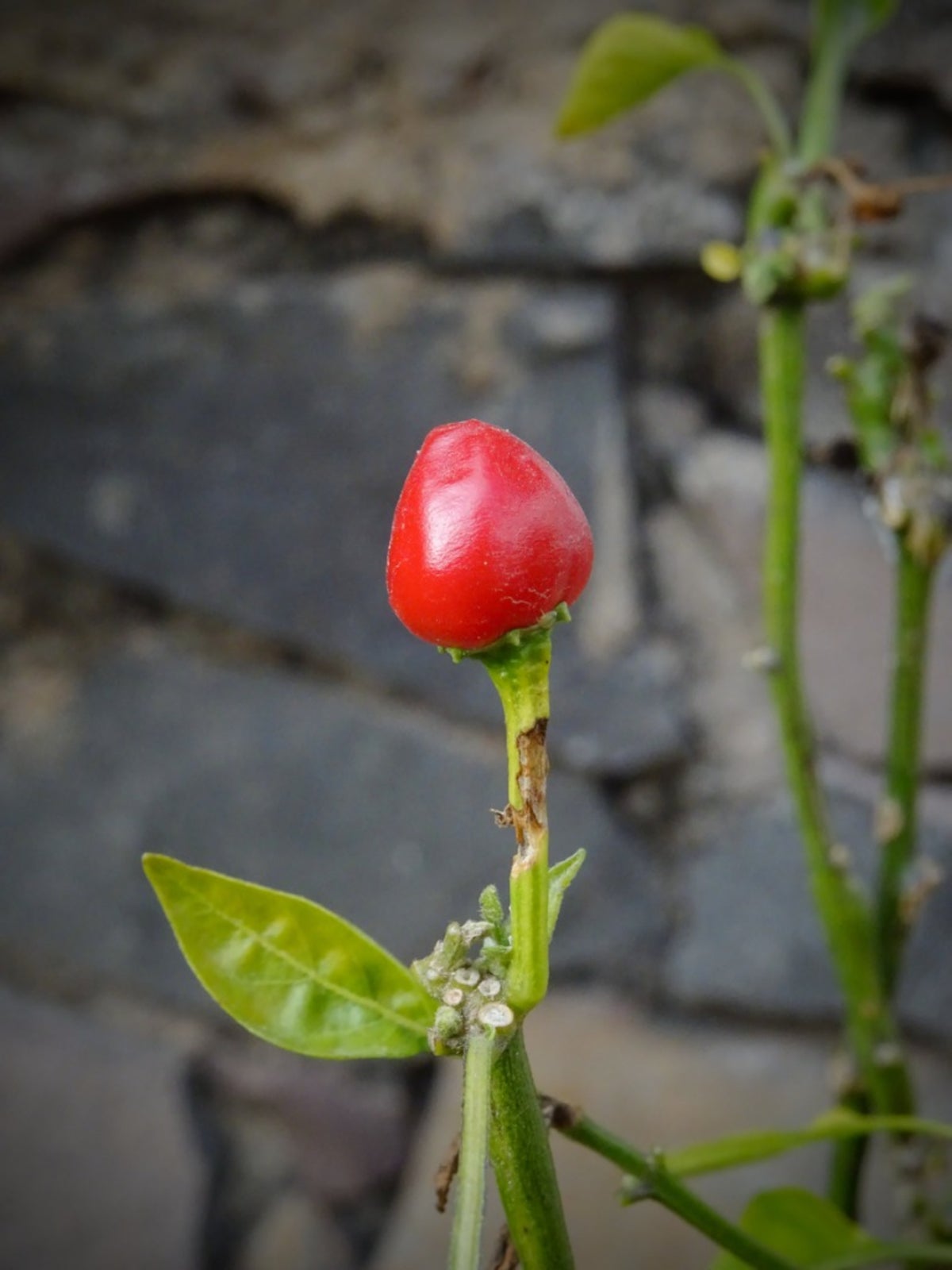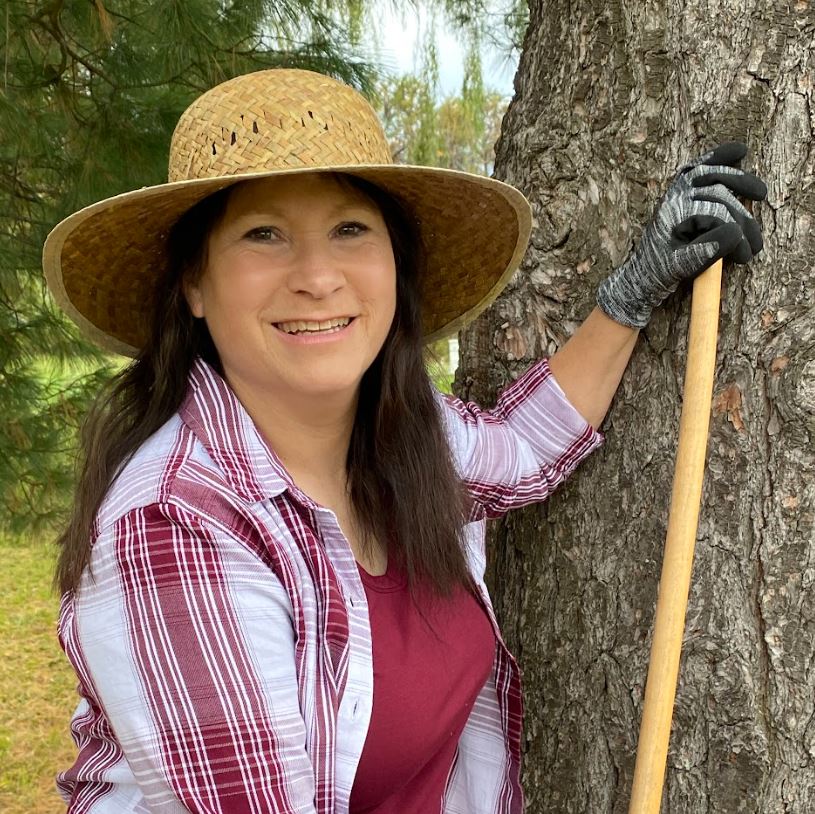Planting Pequin Pepper Seeds – How To Grow Pequin Peppers


Whether you're looking for a spicy culinary pepper or you just enjoy growing potted hot peppers for their beauty, you can't go wrong with the pequin chili pepper. This variety of hot chili has a smoky flavor and registers between 40,000 to 60,000 Scoville heat units, making it slightly hotter than the cayenne. Click here for more about the pequin chili pepper as well as growing information
What is a Pequin Pepper Plant
The only pepper native to the United States, the pequin can be found growing wild in various regions of Texas. As a cultivated pepper, it is easy to grow in almost any type of garden soil. It remains a compact size and is quite productive, making it well suited as a container grown chili.
Related, and sometimes confused with the chiltepin pepper, the pequin is thought to have a slightly fruitier flavor. The two can be distinguished by the shape of their fruit. Both are distributed by bird droppings and share the common names of bird pepper or turkey pepper.
How to Grow Pequin Chili Peppers
In northern climates, pequin chili peppers can be grown as a garden annual. Like other pepper varieties, these pepper seeds can be started indoors six to eight weeks before the last frost date. Seedlings should be hardened off prior to planting in the garden. Choose a sunny to partly sunny location and transplant after danger of frost.
In Southern climates, where winter temperatures rarely dip below freezing, the pequin can be grown year-round as a perennial. Both the leaves and the fruit can suffer from sun scorch, so providing shade from intense sunlight is recommended. Periodically fertilizing with bone meal can provide the extra calcium and phosphorous your pepper plant will need.
As a container grown plant these peppers can be grown as perennials in climates where it's not winter hardy. A three gallon pot is a sufficient size for these compact peppers. A wide planter is preferred over a tall one as peppers are not deep rooted. Aphids tend to be a problem when overwintering pepper plants indoors. Using insecticidal soap or a compost tea spray can help control them.
Pequin Pepper Seeds
Take care when harvesting pequin chili peppers so as not to damage the plants. Once harvested, fresh chili peppers can add sufficient heat to culinary dishes. Pequins can also be dried and crushed, then used as hot pepper flakes for seasoning food.
Gardening tips, videos, info and more delivered right to your inbox!
Sign up for the Gardening Know How newsletter today and receive a free copy of our e-book "How to Grow Delicious Tomatoes".
Capsaicin is the chemical in peppers which makes them hot. It's contained in the white ribs surrounding the seeds and can be transferred to the seeds. To reduce the intense heat, this pithy material and the pequin pepper seeds can be removed before adding to recipes.
When handling and cutting up hot chili peppers, capsaicin can irritate and inflame the skin of the hands and from there can be transferred to other parts of the body. Disposable gloves are highly recommended and take extra care not to touch your face or eyes when prepping hot peppers!

Laura Miller has been gardening all her life. Holding a degree in Biology, Nutrition, and Agriculture, Laura's area of expertise is vegetables, herbs, and all things edible. She lives in Ohio.
-
 Looking For Plants To Give You The Soft And Fuzzies? Try These 5 Fuzzy Leaf Plant Options
Looking For Plants To Give You The Soft And Fuzzies? Try These 5 Fuzzy Leaf Plant OptionsLovers of texture, drama, silver foliage and tactile plants will adore these special sensory garden additions. These fuzzy leaf plant options will leave you all aglow
By Susan Albert
-
 Get Ready For A Summer Of Hummers! Grow These Full Sun Hummingbird Plants and Flowers
Get Ready For A Summer Of Hummers! Grow These Full Sun Hummingbird Plants and FlowersIf you’re lucky enough to enjoy a sunny backyard, make sure you are maxing out on your pollinator opportunities and grow these full sun hummingbird plants and flowers
By Tonya Barnett